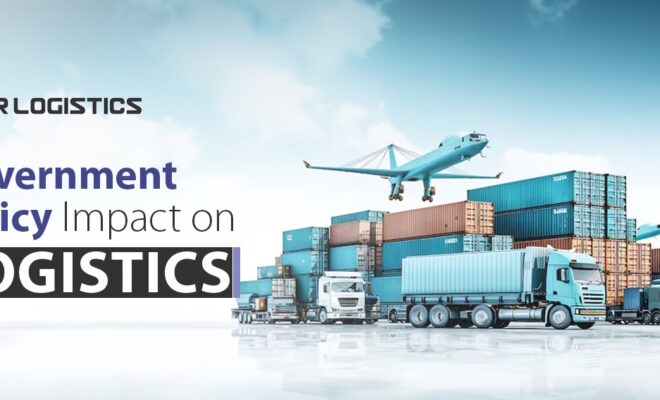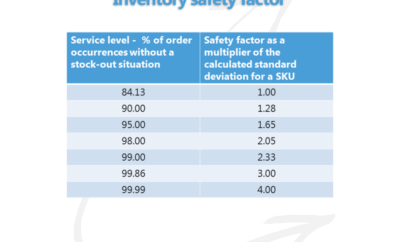
Logistics
Influencing Government Approaches to Logistics: Key Strategies for Businesses
The State of Logistics as a Profession: A Call for Unified Action
This week, during a discussion with colleagues about the promotion of logistics as a profession, we reached a conclusion: not much has changed in the past thirty years.
In Australia, five associations cater to various aspects of supply chains. APICSau focuses on planning, CILTA covers transport, SCLAA and LAA handle distribution, and CIPSA is dedicated to procurement. While these associations occasionally collaborate for special events, like the bi-annual SMART Conference, they lack a unified voice when engaging with governments.
As President of APICS in Australia (now APICSau), I was advised by the Federal Minister of Industry that to make an impact in Canberra, all these associations should elect a lobbyist to represent them. Until that happens, opportunities to meet with ministers and be part of review committees on issues impacting supply chain professionals remain limited.
The Importance of Unified Representation
Why is this important? One of the primary objectives of any association is the recognition of its professionalism through publicly available education and training programs. The example of accountants shows just how crucial this recognition is. Yet, in recent years, Australia has seen a reduction in university courses related to supply chains and logistics. Additionally, with state government funding cuts to vocational colleges, the Diploma of Logistics has become unaffordable for individuals. This is leading to colleges discontinuing the course due to insufficient demand.
The Growing Challenge for Logistics Education
Without recognized programs led by qualified professionals, the public and industry will fail to see the value of logistics in the well-being of the country. Consequently, companies will hire accountants and engineers to fill logistics positions, which diminishes the true expertise needed in the field.
This issue isn’t unique to Australia. Across Asia, the Asia Pacific Logistics Federation (APLF) has been working for many years with the goal of establishing a region-wide qualification for logisticians recognized by governments. Unfortunately, this has not come to fruition.
Will the Situation Change?
Despite my attempts to unite the associations and push for action, progress has been slow. I am sure my successors have tried as well, but the future of logistics as a recognized profession now lies in the hands of those leading the various associations across the region. The need for action, particularly in the areas of education and training, is critical.
If the logistics profession is to gain the recognition it deserves, it will require unified action, clear advocacy, and a concerted push for educational programs that can ensure future generations of logisticians are well-prepared to lead.




0 comments